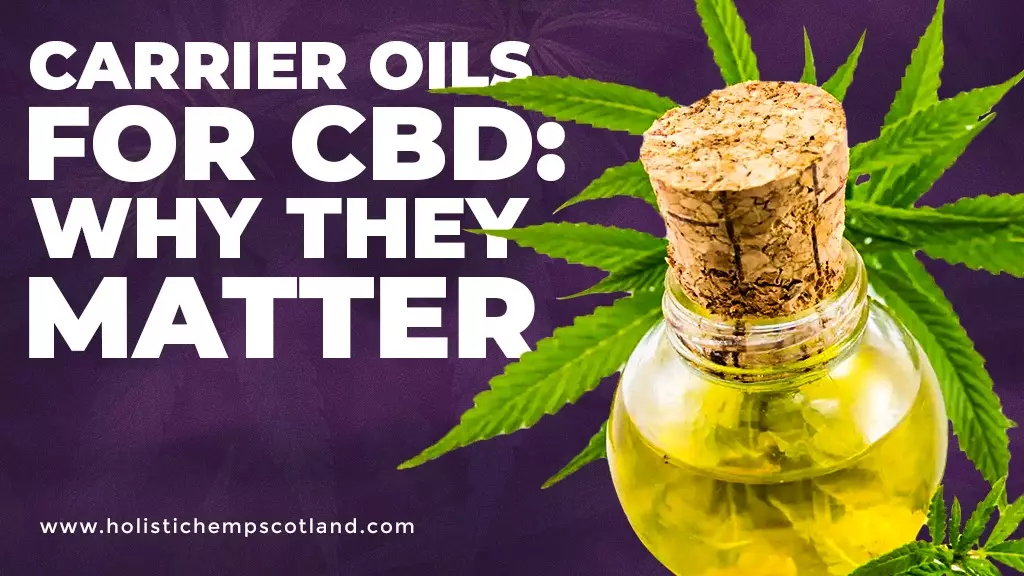Recent Posts
Post Catagories

Carrier Oils And Their Differences
Assuming that you are familiar with CBD and its basic concepts, you have likely come across the term “carrier oil” or at least seen that the CBD products you’re buying contain some kind of oil. We want to dive into exactly why that is and help you understand what carrier oils are and how you can benefit from them.
First Things First; What Is A Carrier Oil?
Carrier oils are made from plants and purposed to dilute natural oils or substances, making it easier for your body to ingest. While that is true for some, others also have their purposes. No matter what carrier oil you use, each one has its benefits and properties – while most do indeed make absorption easier.
Why Does CBD Need A Carrier Oil?
One of the main reasons CBD needs a carrier oil is that CBD is fat-soluble, which means that it dissolves in oil rather than water. Carrier oils help increase bioavailability as Your body has an easier time processing CBD.
It also helps with dosing, which might come as a surprise to you. There is a wide array of CBD products to choose from, whether it tinctures or topicals – regardless, you want to keep track of how much CBD you’re taking. When CBD is extracted, it has a very high concentration of CBD. You don’t want to take this much at once, so a carrier oil helps to dilute it. Once it’s diluted, it’s easier for you to measure how much you take daily.
Which Carrier Oil Is Best?
This one is a tough one as each has its own purposes and benefits. Here is a list of carrier oils and their benefits:
- Hempseed Oil: One of the most popular oils used in CBD products is hempseed oil. The major hemp seed oil benefit comes from what’s called the entourage effect. This theory posits that CBD’s effects get amplified when delivered alongside other hemp compounds.
- MCT Oil: Coconut oil contains long and medium-chain triglycerides (MCT), which makes it an ideal carrier option. The body can easily break this down and the added benefit of a thin consistency and ease of dosage makes it great.
- Olive Oil: Not only is olive oil delicious, but it is also incredibly healthy. While it is a carrier option, it isn’t the most ideal as it is fatty and tough to dose. But, olive oil tastes great and goes well with the natural taste of CBD.
The main idea is that each CBD product has its unique properties, including the carrier oil of choice. Here at Holistic Hemp Scotland, we stick with what works best.


Comments are closed.